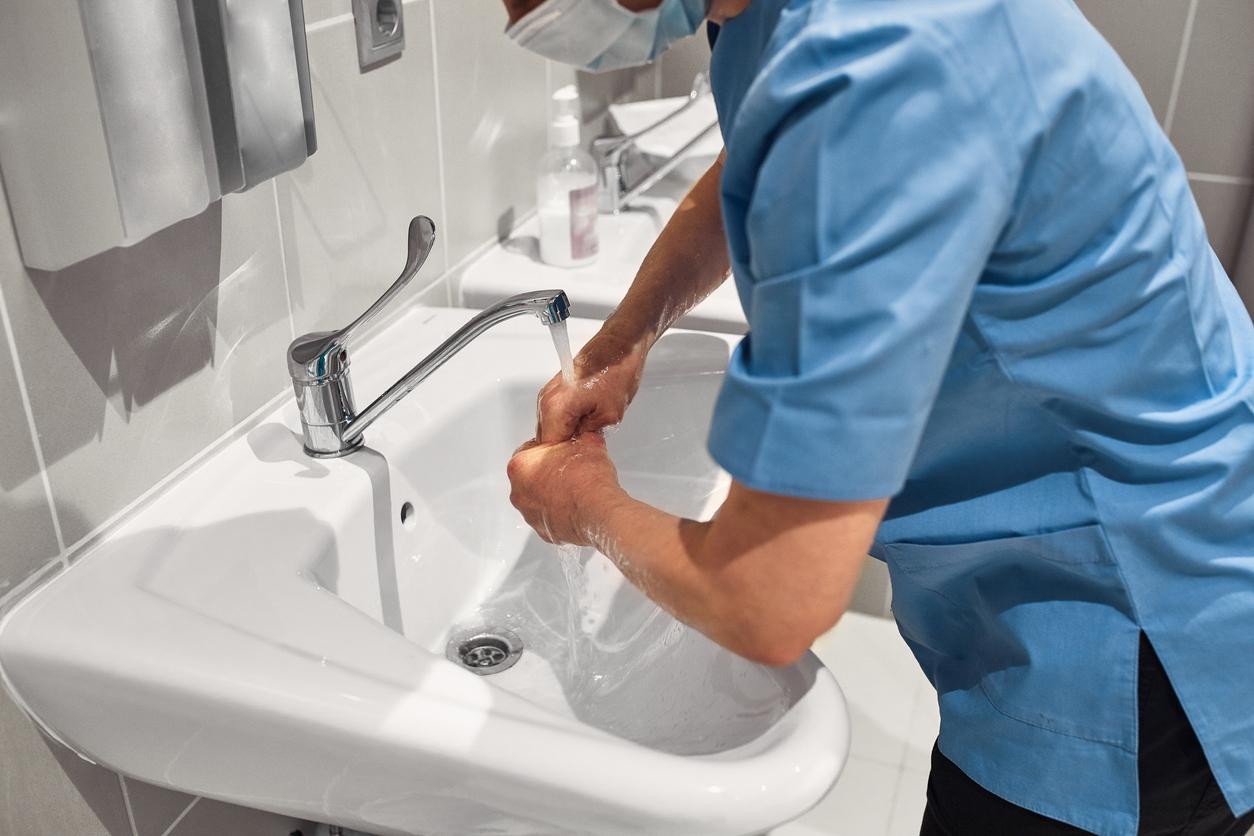The first International Microbiota Observatory shows that despite the importance of “good bacteria” for our health, microbiota remain quite mysterious for many, especially the French.

- Only one person in five knows precisely what the word microbiota means (21%) and barely more than one person in two indicates that they have already adopted behaviors to limit the risk of imbalance in their microbiota.
- More than nine out of ten people who received information repeatedly from their doctor about the microbiota subsequently adopted behaviors to preserve it.
- Information on the impact of antibiotics on the microbiota is, according to the researchers, “insufficient”.
The microbiota is made up of billions of micro-organisms (bacteria, viruses, fungi, etc.) living in symbiosis with our body. While there are a plethora of articles extolling its health benefits, it remains quite nebulous for many of us. In effect, a major international surveyconducted among 6,500 people in 7 countries (France, Spain, Portugal, United States, Brazil, Mexico and China) by Biocodex Microbiota Institute and Ipsos, reveals that only one person in five knows precisely what the word microbiota means.
The intestinal microbiota is the best known microbiota
If only 21% of respondents (27% of French people) claim to know what the microbiota is, the most famous of the different systems existing in the body remains that of the intestine. 53% of respondents indicated knowledge of the gut microbiota. In contrast, only 24% said they knew exactly what it was.
The others are much less well known with, in order, the vaginal microbiota (45% of respondents know the term and 18% have exact knowledge of it), the oral microbiota (43% know it by name, but only 17 % know what it is) or the microbiota of the skin (40% know the term, but 15% know what it is).
This first barometer shows that seniors are among the least well informed on the subject. They are only 20% able to indicate what the intestinal microbiota is, four points less than the overall score.
Although the definition is not perfectly integrated, three out of four interviewees are aware that an imbalance of microbiota can have significant consequences for health. It is also fairly well known that diet has a significant impact on one’s balance (74%) and that the microbiota plays a real role in immune defense mechanisms (72%).
“But more than one in three people are unaware that antibiotics have an impact on our microbiota (34%). The vast majority of interviewees are unaware that certain non-digestive diseases such as Parkinson’s disease, Alzheimer’s disease or even autism could have a link with microbiota (75%)”, specifies Ipsos in its press release.
Microbiota: the right actions to preserve them remain relatively unknown
When asked about good habits that preserve microbiota, the participants cited without difficulty: having a balanced diet (84%), practicing physical activity (76%) and avoiding smoking (72%).
On the other hand, the more specific behaviors are much less known, although they are just as essential for the preservation of these beneficial pathogens: only one person in three knows that it is better not to wash twice a day to preserve the skin microbiota (35%). Less than one in two women know that douching is bad for their intimate microbiota (42%).
And if more than one in two respondents say they have adopted behaviors in their everyday life to protect the balance of their microbiota (57%), this good score must be put into perspective. “Firstly, because only one in seven people say they do it “a lot” (15%), the others say they do it for the most part only “a little” (42%). Secondly, because 43% of those questioned revealed that they had not adopted any specific behavior”adds the study.
In addition, the French are quite poor students in this area: 47% claim to have adapted their daily life to preserve the balance of their microbiota, i.e. ten points less compared to the overall. Only 10% say they do it “a lot” (- five points compared to the overall). Fewer of them know that the consumption of probiotics (45% compared to 62% overall) and prebiotics (31% compared to 51% overall) can have beneficial effects for their microbiota.
Protecting the microbiota: information from doctors is the key
One of the elements that could explain this lack of knowledge of the microbiota could be the lack of exchanges on the subject with health professionals. The first International Microbiota Observatory reveals that only one person in three has had the role of the microbiota explained to them by their doctor and less than one in two has been told about the right behaviors to follow to protect it.
“The information provided by doctors when prescribing antibiotics clearly illustrates the extent to which this is still insufficient. Less than one out of two patients say they have been informed by their doctor about the risks of possible digestive disorders associated with taking antibiotics (41%). Only one in three patients say they have received advice from their healthcare professional to limit the negative consequences of taking antibiotics on their microbiota as much as possible (34%) or have been informed that taking antibiotics could have negative consequences on their the balance of its microbiota (33%)”, states the report.
However, information is the key: more than nine out of ten patients who have had these explanations, and this, on a repeated basis, from caregivers have adopted behaviors to keep their microbiota balanced, compared to 57% among all questioned person.

















